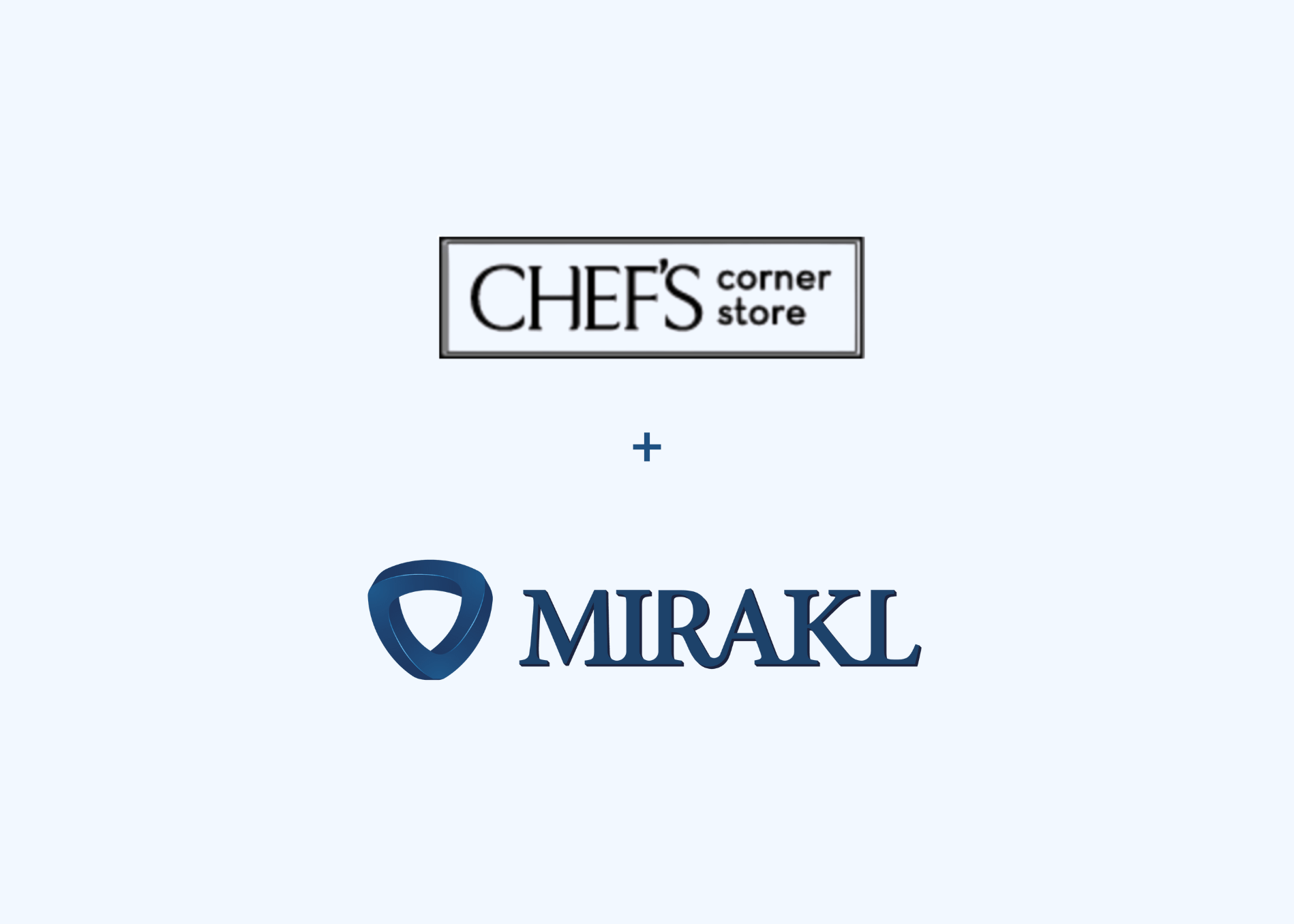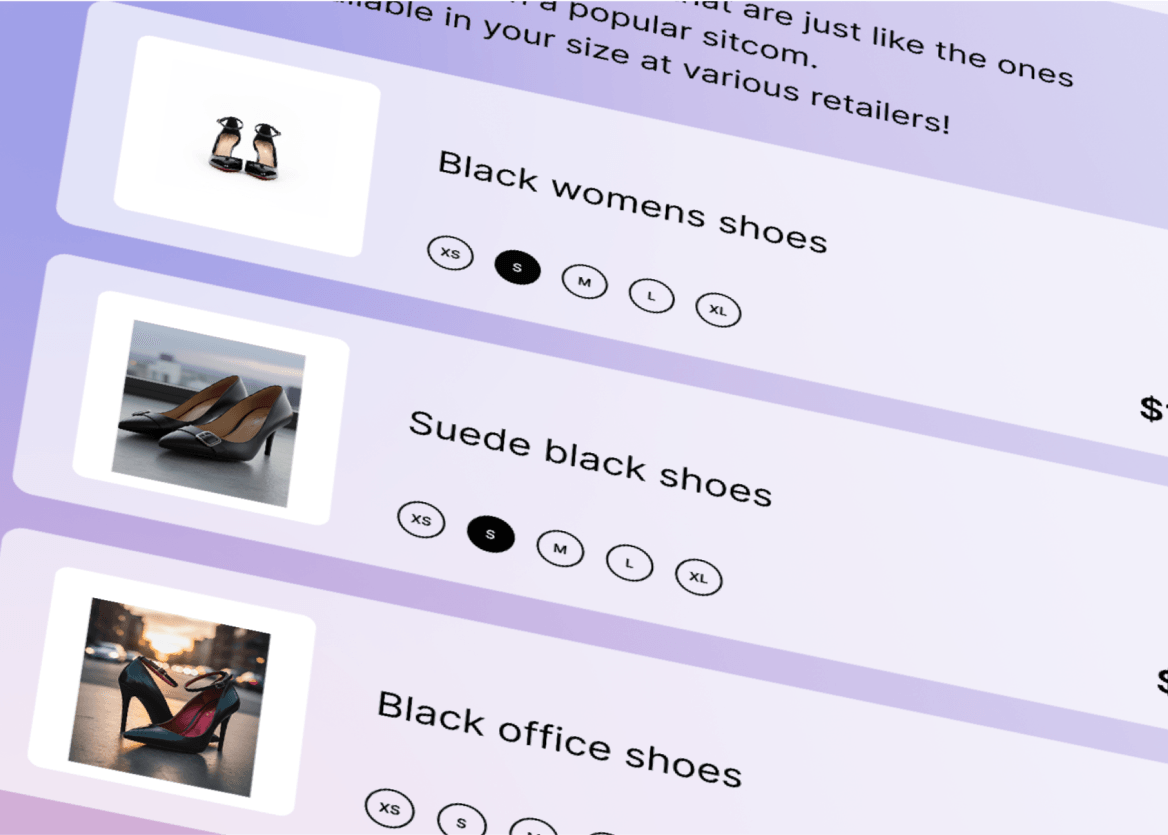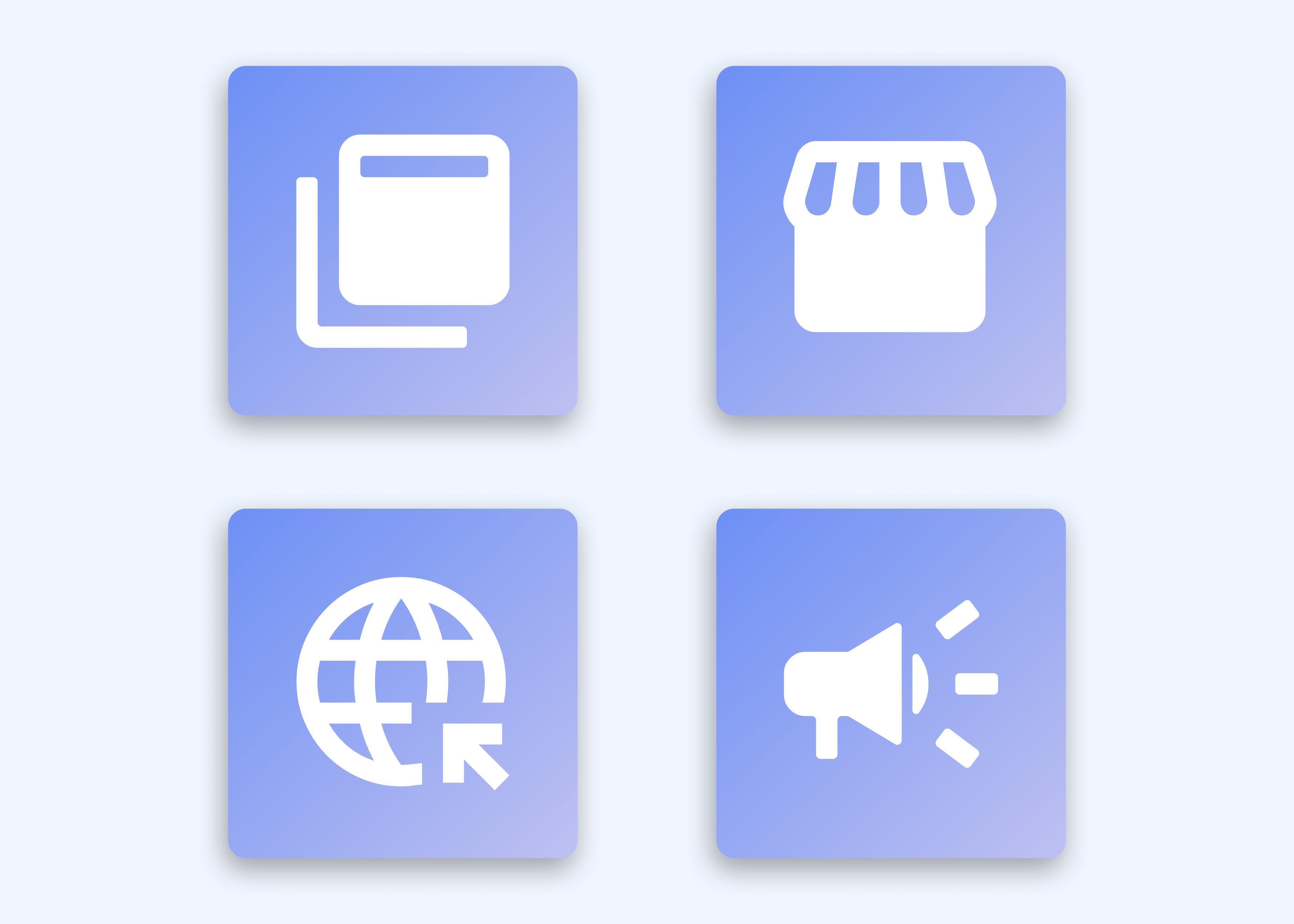Seller spotlight: How Chef's Corner Store evolved from garage startup to multichannel premium kitchen retailer

In today’s eCommerce world, specialty retailers are discovering that marketplace diversification isn't just an opportunity — it's essential for sustainable growth.
Chef's Corner Store exemplifies this transformation, having evolved from a garage-based eBay operation to a sophisticated multichannel retailer specializing in premium kitchen brands.
Darren Barker, owner of Chef's Corner Store, shares his journey of building a trusted marketplace presence across multiple platforms while maintaining the brand relationships and operational excellence that set premium retailers apart.
About Chef's Corner Store
Chef's Corner Store has been serving culinary enthusiasts since 2006, specializing in premium kitchen products from renowned brands like Le Creuset, All-Clad, Breville and Wüsthof.
They've made it their mission to understand the premium kitchen products they sell, while maintaining a personal touch with knowledgeable customer service.
Mirakl: Can you tell us how Chef's Corner Store's story began?
Darren Barker: We started on eBay in 2004 out of our garage, initially dealing with liquidation merchandise. While that provided good margins, it wasn't sustainable. So we diversified into premium kitchen products around 2005-2006 and launched Chef's Corner Store in 2006.
What really changed the game for us was opening our first physical store in 2008 in Whittier, California. That store, even though we closed it in 2009 due to the recession, was crucial because it allowed us to secure relationships with premium brands. Without that store, we wouldn't have those partnerships today.
M: What sets you apart in the competitive kitchenware market?
DB: What sets us apart is our trustworthiness and execution. We ship 95% of our orders within one business day, and we maintain strict pricing discipline — we don't transship, we don't cut prices and we don't play around with brand integrity.
These premium brands don't work with just anyone — they need partners who understand that brand control is everything.
How Chef’s Corner Store adopted a multichannel approach
M: How has your business evolved since launching, and what drove your decision to expand your marketplace strategy?
DB: The biggest evolution was our shift from being 95% Amazon-dependent in 2018-2019 to now being less than 40% Amazon-dependent.
We realized that being so dependent on a single channel was risky and that we needed longevity. The marketplace model allows us to reach customers where they're already shopping while reducing our dependency on any single channel.
We began diversifying into our current three revenue streams: our website, marketplaces including Lowe's, Snappy, Best Buy and The Knot, plus dropshipping for retailers like Neiman Marcus, QVC and HSN.
Each marketplace has its own customer base with different shopping behaviors and needs, which gives us much more stability and growth opportunities.
M: How do you approach product testing and expansion across different channels?
DB: Marketplaces give us a chance to try new products from existing brands or test new brands to see if they work. We can test a few pieces across different marketplaces to figure out where products fit best.
Some products work great for gift-giving at one price point, but may not work for wedding registries. Others might work well on major retailers like Macy's, but be too high-priced for other platforms.
I'm not going to go out and buy a container of product unless I know it's going to be approved by customers. So we'll try a little bit, a couple of pieces and figure out where it fits best.
How Chef’s Corner store chose the right technology partners
M: How do you view marketplaces in terms of operational efficiency, and what made Mirakl the right partner for your marketplace journey?
DB: It's all about the tech stack. We've worked with a variety of marketplace technology partners, and it's very challenging to have all these systems talk to each other. That's why I love Mirakl — everything is consistent and easy to integrate.
Mirakl simplifies our tech stack tremendously. Instead of having different integrations for different partners — which can get very expensive — we have one consistent platform.
Right now with Mirakl, we're on Snappy, Lowe's, Best Buy, The Knot and potentially others down the road. This consistency is what made us confident they were the right partner.
M: How has the marketplace model allowed you to focus on what you do best — finding and curating those premium kitchen brands?
DB: The real value is that Mirakl puts everything into a cookie-cutter approach for production on the back end with shipping. Our fulfillment speed is what sets us apart, and Mirakl helps us maintain that advantage across multiple channels without having to manage different systems for each marketplace.
This consistency lets us focus on what we do best: maintaining those premium brand relationships and executing flawlessly on fulfillment, rather than getting bogged down in technical integrations.
M: For other specialty retailers who might be hesitant about expanding to marketplaces, what would you tell them about choosing the right marketplace?
DB: Know who your consumer is and know how to find them when they're shopping.
For example, we were talking with MacKenzie-Childs about adding some of their products like drawer pulls and light switch plates to Lowe's.com. The rest of their catalog wouldn't work there, but those specific items would work perfectly for customers who are renovating.
You have to understand what your product is, understand who your consumer is and find that consumer when they're making that buying decision.
Looking forward: How strategic diversification fuels retail growth
Chef's Corner Store's journey from garage startup to multichannel premium retailer demonstrates the power of strategic marketplace diversification.
By maintaining brand integrity, focusing on operational excellence and leveraging technology like Mirakl Connect to simplify complex integrations, they've built a sustainable business model that serves both their brand partners and customers effectively.
As the marketplace landscape continues to evolve, the lessons from Chef's Corner Store offer valuable insights for specialty retailers looking to expand their reach while maintaining the quality and service that sets them apart in competitive markets.
Discover how Ana Luisa transformed its D2C business to a successful multichannel model.



